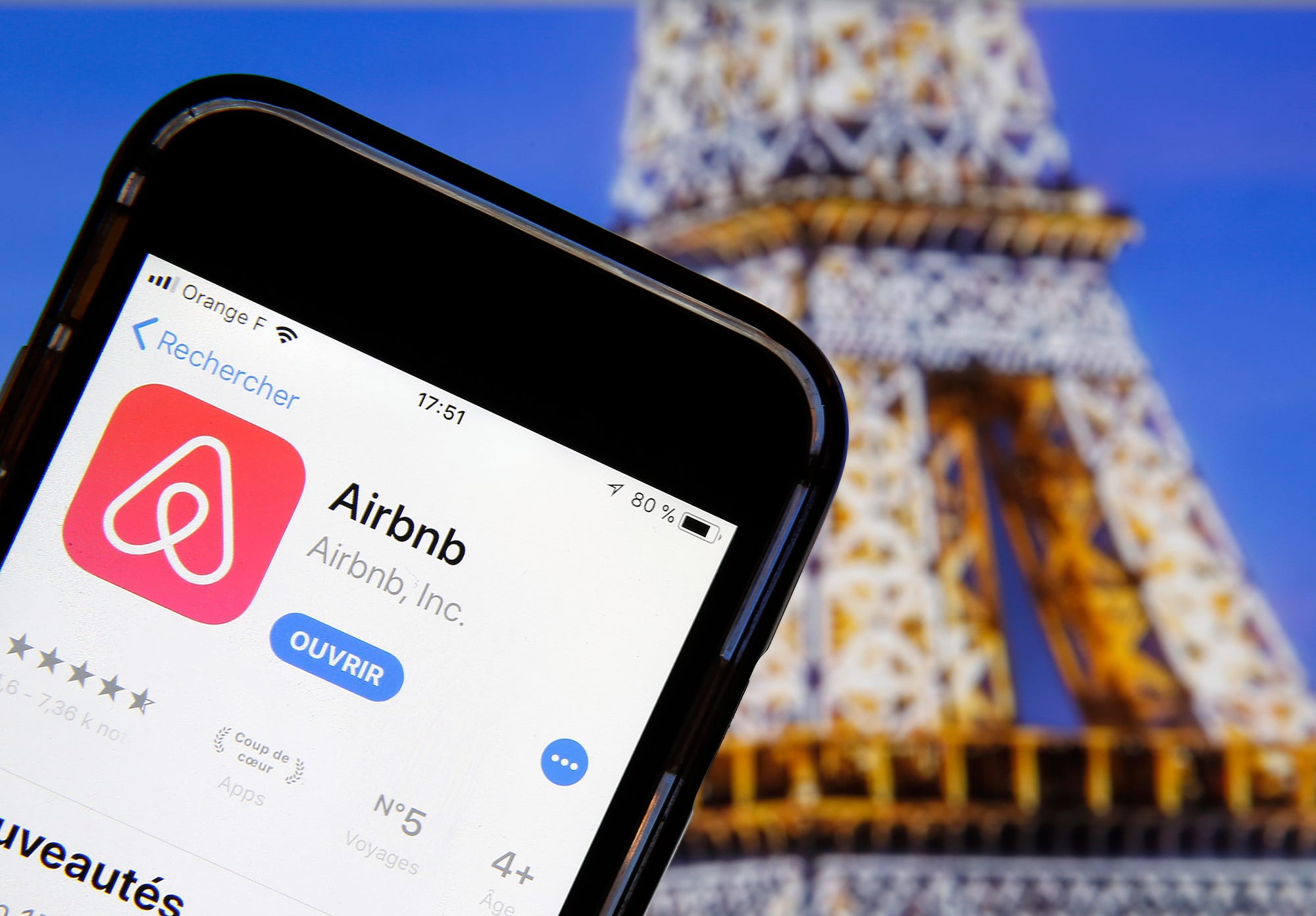
Chesnot | Getty Images
Investors likely won’t get their fix for newly public companies for a long time thanks to the financial turmoil caused by the spreading coronavirus.
Logistics issues aside for investment bankers unable to travel, market volatility like this scares off companies who want to raise capital.
The initial public offering calendar is looking sparse this year, with many road-show ready companies, like Warner Music, Madewell, Cole Haan and Atotech, pumping the brakes. The highly anticipated IPO for short-term home rental company Airbnb, which said it intended to go public in 2020, could be shelved as the coronavirus dents the travel industry and the economy slips into a recession.
“Volatility from the coronavirus outbreak has now essentially shut down the spring IPO market,” stated a report from Renaissance Capital, a provider of institutional research and IPO ETFs.
Less than two months ago, the presidents of the New York Stock Exchange and Nasdaq said 2020 was poised to be a strong year for the IPO market, with a lot of interest from companies looking to tap the public markets in the first half of this year. The interest was there for investors too, after 2019 panned out to be a good year for IPOs, despite outliers that made headlines like WeWork.
The Renaissance IPO ETF, which tracks newly public companies, returned nearly 35% in 2019, beating the broader market. Lyft, Peloton, Beyond Meat, SmileDirectClub and Zoom all went public on the Nasdaq in 2019. Uber, Pinterest, Virgin Galactic, Chewy and Levi Strauss went public on the NYSE last year.
NYSE President Stacey Cunningham cited the “resiliency of the economy,” for the demand; however, the economy has taken a staggering turn in recent weeks as a spike in coronavirus cases in the U.S. and an oil price war has spurred investor fears about a halt to economic growth. The three major averages are in a bear market, meaning they are down more than 20% from their recent highs. Volatility has spiked with 1,000 point swings in the Dow becoming commonplace.
The Renaissance IPO ETF is down about 20% this year.
“Once the market, the overall stock market, goes through that kind of volatility, IPOs have a hard time getting done,” said Kathleen Smith, principal at Renaissance Capital.
Since 2010, it’s taken an average of one month to see three or more IPOs in a week, following a period when the the Cboe Volatility Index, a “fear gauge” also called the VIX, spikes over 30. The VIX, topped 70 on Thursday.
Smith explained that after a company is valued next to its peers already in the public market, a discount for volatility is slapped on the price.
“The you’re going to have to take a very big discount because instead of volatility being 13% to 15%, its now 30% to 60%,” Smith added. “It becomes a very bad price in order to attract investors, so IPOs don’t get done.”
Alongside volatility, an economic downturn could hurt IPO valuations. When businesses of peers are struggling because of weakness in the economy, IPOs are also punished, said Smith. Plus, investors are less willing to take risk while uncertainty reigns. Smith said a similar dry spell for IPOs occurred in the end of 2018, when the U.S.-China trade war spooked investors and punished equities.
“Investors have been cautious about it being at the end of a long trend, so they’re more worried about unprofitable companies than ever before because we know that unprofitable companies don’t survive periods like this very well,” said Smith.
‘Virus proof’ IPOs
The firm noted some newly public “virus proof” companies that have performed well this year, despite the downturn. Passage Bio gained 23% on its debut in February.
“Quarantine-friendly companies like remote work-enablers Slack (WORK; +23% in February) and Zoom Video (ZM; +20%) and telemedicine provider Teladoc (TDOC; +23%) have also outperformed the broader market,” Renaissance said.
Slack went public in June of 2019, Zoom Video had its market debut in April of last year and has rallied nearly 200% since. Teladoc IPO’d in March of 2019 and has rallied more than 85%.
— with reporting from CNBC’s Nate Rattner.
Subscribe to CNBC PRO for exclusive insights and analysis, and live business day programming from around the world.


 Signal2forex.com - Best Forex robots and signals
Signal2forex.com - Best Forex robots and signals




